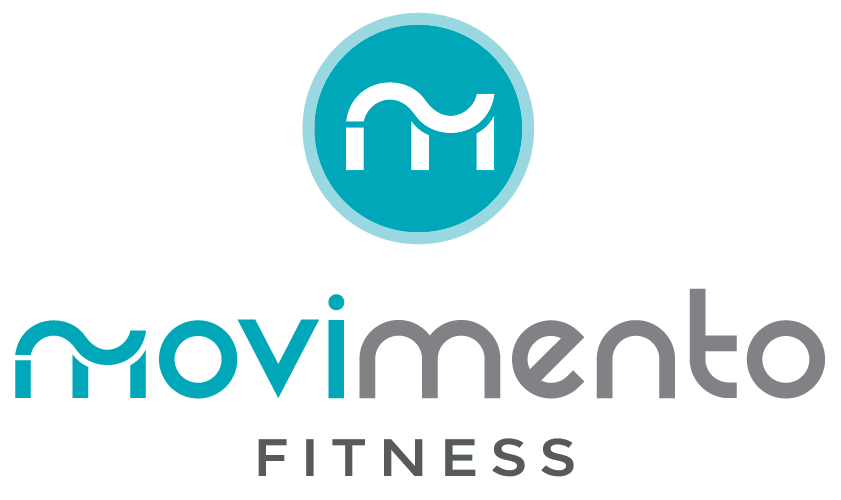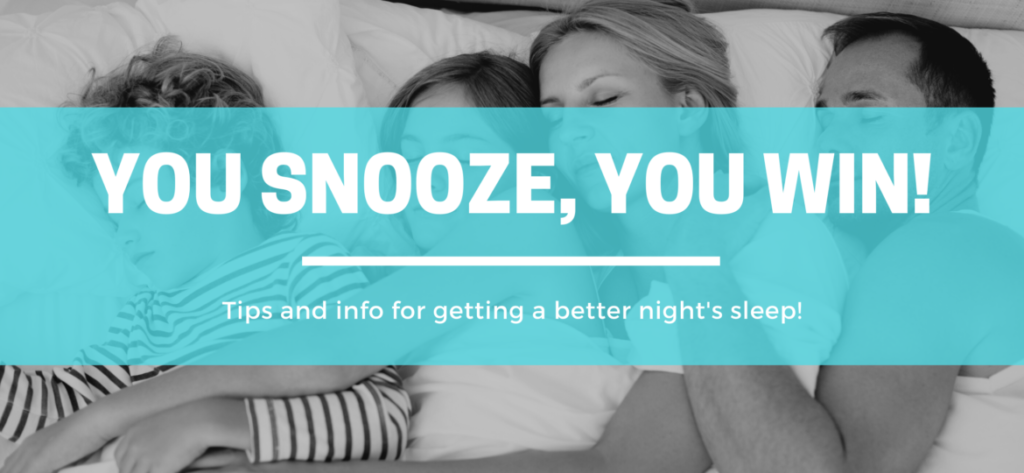For once, you can sleep on the job! In fact, it’s part of putting in the work toward your success!
Sleep matters when it comes to reducing body fat and hitting your health and wellness goals, just as much as getting your hours in at the gym.
In fact, a study that followed nearly 70,000 women for 16 years showed that those sleeping less than 5.5 hrs per night weighed more than those sleeping 7 to 8 hrs per night!
Dozing off on our health
We’ve all had those days—you wake up after a night of tossing and turning, exhausted, groggy, grumpy, and feeling unprepared to take on the day. Maybe it’s because the room was too hot or maybe you had a lot of your mind and couldn’t fall asleep. Maybe you simply stayed up too late watching TV or scrolling through your phone. Whatever the case, losing sleep can have a huge impact on your health and wellness!
According to some estimates, 90% of people with insomnia — a sleep disorder characterized by trouble falling and staying asleep — also have another health condition.
Lack of sleep can have many long term effects and has been known to put us at risk for:
- Heart disease
- Heart attack
- Heart failure
- Irregular heartbeat
- High blood pressure
- Stroke
- Diabetes
Losing out on those Z’s also increases rates of car crashes! One study from 2018 says that “people who have slept for fewer than seven of the past 24 hours have higher odds of being involved in and responsible for car crashes.”
According to the Canadian Council of Motor Transport Administrators, fatigue is a factor in up to 21 percent of motor vehicle collisions, resulting in about 400 deaths and 2,100 serious injuries every year!
How many winks do you need to catch?
Your body requires a certain number of hours for rest and recovery, especially when your workouts are dialled in. Each person needs a different amount of sleep depending on their activity level and what their body craves—no less than 7 to 8 hrs per night seems to be the right amount though.
The right number also depends on your age as well, according to the National Sleep Foundation’s Guidelines.
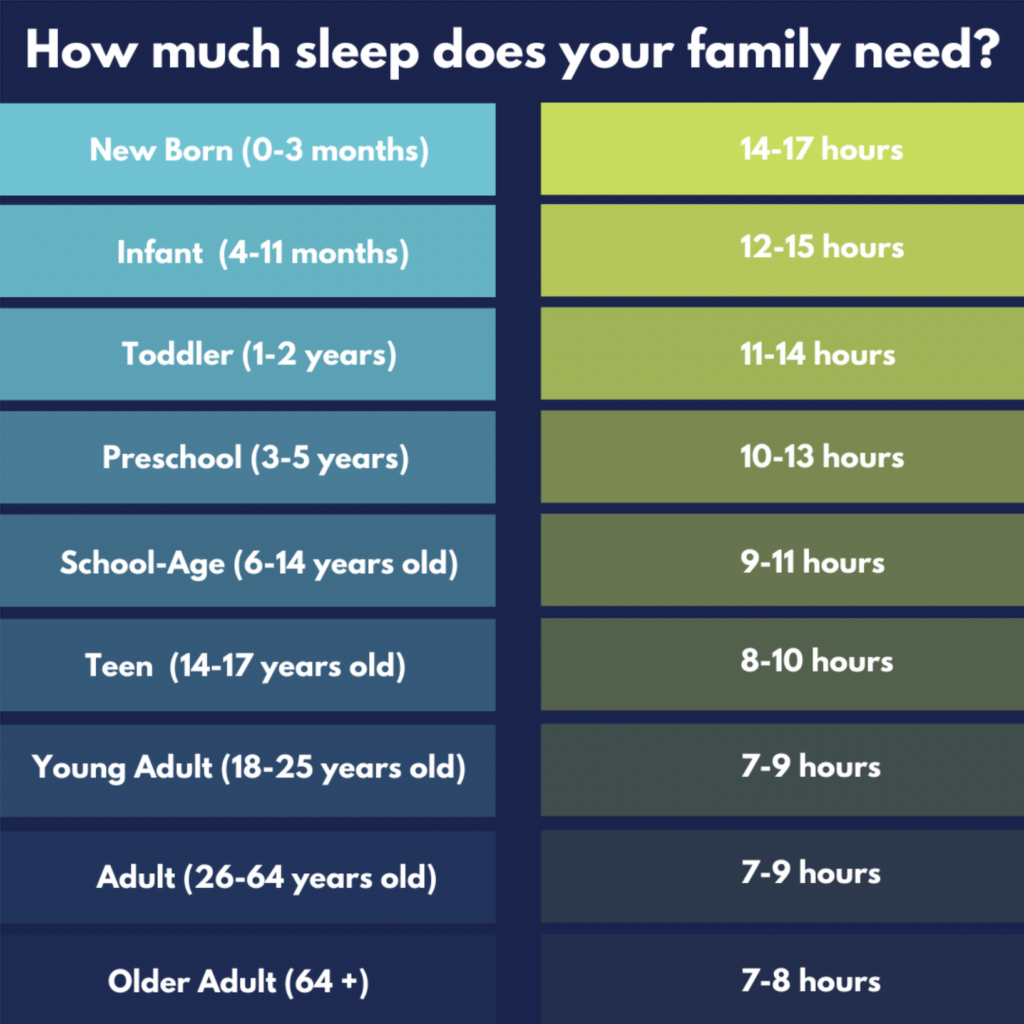
If you think you’re getting enough sleep, ask yourself:
- Am I relying on caffeine and other stimulants to get through the day?
- Do I feel like my best self when I wake up?
- Do I find myself crashing throughout the day?
If you answered yes to any of those questions, you may need to catch another wink or two of sleep!
Tips for hibernation happiness
We know that it can be hard to get to sleep and stay asleep for that matter, depenidng on your environment. The key is mimicking your ideal sleep environment. Most sleep experts recommend:
- Sticking to the same sleep schedule
- Disconnecting electronic devices before bed (or at least avoid looking at them right before you fall asleep)
- Monitor your caffeine intake—if you find you’re struggling to fall asleep, cut off caffeine earlier in the day
- Keep your room as cool and dark as possible
Most importantly—you should exercise! When you exercise, your brain is triggered to release healing and stress-relieving hormones into your body that make you feel great and allow you to get to sleep, and stay asleep, better!
We don’t want to sound like nagging parents… but get to bed so you get plenty of zzzzz! Your body and overall health will thank you in the mornings!
Sweet dreams!
